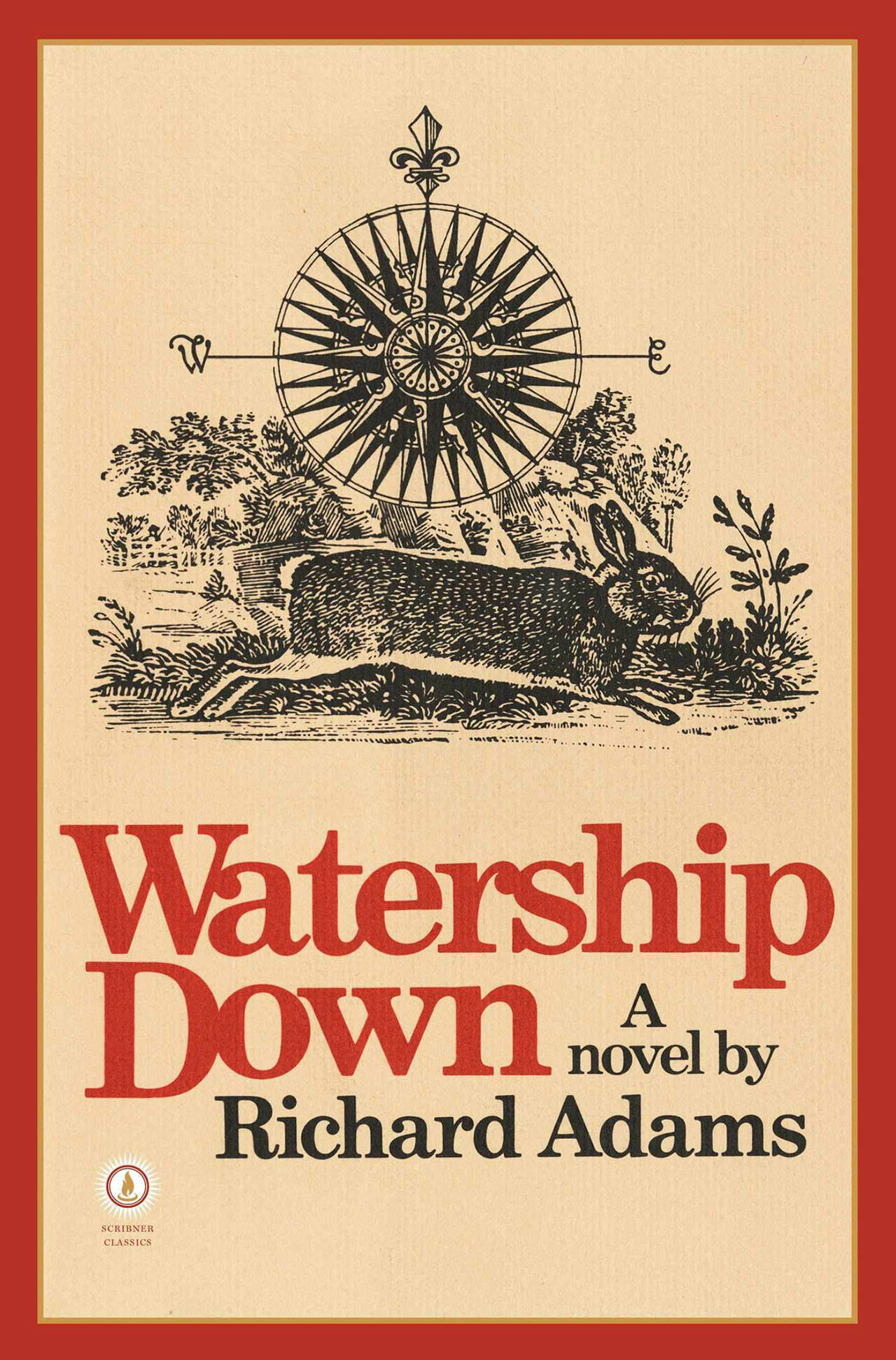Editor’s Note: In the spirit of giving, The Beachcomber offers the latest from Beachcomber columnist Phil Clapham — book choices from famed author Daniel Kraus.
By Phil Clapham
For The Beachcomber
Daniel Kraus is a best-selling author whose output is annoyingly prolific (speaking as a writer whose own output is, well, not).
Of his many novels, you might have read his two-volume classic “The Death and Life of Zebulon Finch” (which appeared on Mary Roach’s desert island list, as featured in this column earlier this year). Or perhaps you’ve read, or seen the Oscar-winning film version of, “The Shape of Water,” which he co-wrote with Guillermo del Toro.
As I’ve previously noted here, being a whale biologist gets you some occasional bizarre emails out of the blue – including the one I previously mentioned from said Mary Roach, who had some whale questions when she was writing her very entertaining non-fiction book “Gulp.”
So about a year ago, Daniel Kraus emails me out of the same literary wide blue yonder, telling me Mary Roach sent him, and asking if could I talk with him about the inner workings of a whale’s digestive system, and the (im)plausibility of a fictional character surviving, Jonah-like, therein?
Daniel and I have had various conversations over the past twelve months, and for good measure, I dragged in my crazy friends Joy Reidenberg and Lara Horstmann, both of whom know way more than I do about the intricacies of whale anatomy (Joy, by the way, is one of the more entertaining human beings you’ll ever meet – check her out on the BBC/PBS series “Inside Nature’s Giants.”)
Anyway, my price for helping Daniel Kraus with his novel was of course to ask him to tell me which books he’d take to a desert island. It’s always fun to pose this question to famous authors, to hear about their favorites and literary influences; so here is his response:
“Asking a novelist for desert island picks is tricky because I think our minds tend to spiral into imaginative problems. If I’m really going to be on a desert island, all three of my choices would be survival manuals. Maybe a book on how to build a raft. Even if we set those choices aside, my next instinct would be to choose only extremely long, dense books that I could read for the rest of my accursed life. The Complete Works of Shakespeare — something like that. But none of those are very fun answers, so I’ll pick three novels that would be good to re-read.
“Again, this presents an interesting question for me, as I rarely re-read books. I’m the kind of person who has been panicking his whole life that he won’t be able to read all that he wants to read before he dies. There’s no time to re-read! Except on a desert island.
“So my first choice is Richard Adams’s “Watership Down.” I first heard of this book in middle school while reading Stephen King’s “Danse Macabre.” It puzzled me why King would be so enthusiastic over a story about bunnies. So I read it — in a large-print version, the only copy my local library had — and fell in love. This is my “Lord of the Rings” and I’ll argue that it’s even better. Instead of a cast full of fantastical characters loaded with powers and skills, we get a group of rabbits that have no real defenses at all. It’s deep, mystical, and I’ve re-read it more than any other book.
“Book two: “Weaverworld” by Clive Barker. Again, I’ve got one eye on length and depth — I want a book that I can lose myself inside over all those years I’ll be eating grubs on the desert island. Barker affected my writing more than almost anyone else and this is my favorite book of his. It’s going to take me a few reads to fully understand it and now I have all the time in the world!
“Book three: “Moby-Dick.” Same reason but times ten. It’s a relatively recent read for me but, wow, talk about depth. I feel like I could read this forever. The language is so fun that I could imagine reading it out loud, even. One-man theatrical productions will go a long way toward amusing myself on a desert island, as long as I keep the volume down so as not to attract predators. Can I order a big hardcover version? That way it can be used as a blunt weapon too.”
So that’s Daniel’s list, and a good one it is.
Unsurprisingly, some books appear again and again on other folks’ list. I’ve devoted past columns to “Moby-Dick”and “Lord of the Rings;” and “Watership Down” was one of the favorites chosen by Beachcomber reader Stephanie Gogarten.
I can relate to Kraus’ point about being terrified of dying before you’ve read everything you’ve wanted to. So many books, so little time; and it pains me to think – to know – that there are undoubtedly authors whose work I would love but who I’ll never discover.
It’s a reason to at least sample everything you can get your hands on – an adage that applies to far more than just books. There’s a lovely line in Virginia Woolf’s first novel, “The Voyage Out,” where one of her characters says, “I make it a rule to try everything … Don’t you think it would be very annoying if you tasted ginger for the first time on your death-bed, and found you never liked anything so much?”
Indeed it would.
Which books would you take to a desert island, and why? Email me at desertislandbookworm@gmail.com.
Phil Clapham is a retired whale biologist and writer who lives on Maury Island. His new novel “Jack”, a romantic comedy narrated by a dog who lives with a professional dominatrix, is available on Amazon under his pseudonym, Phillip Boleyn.


